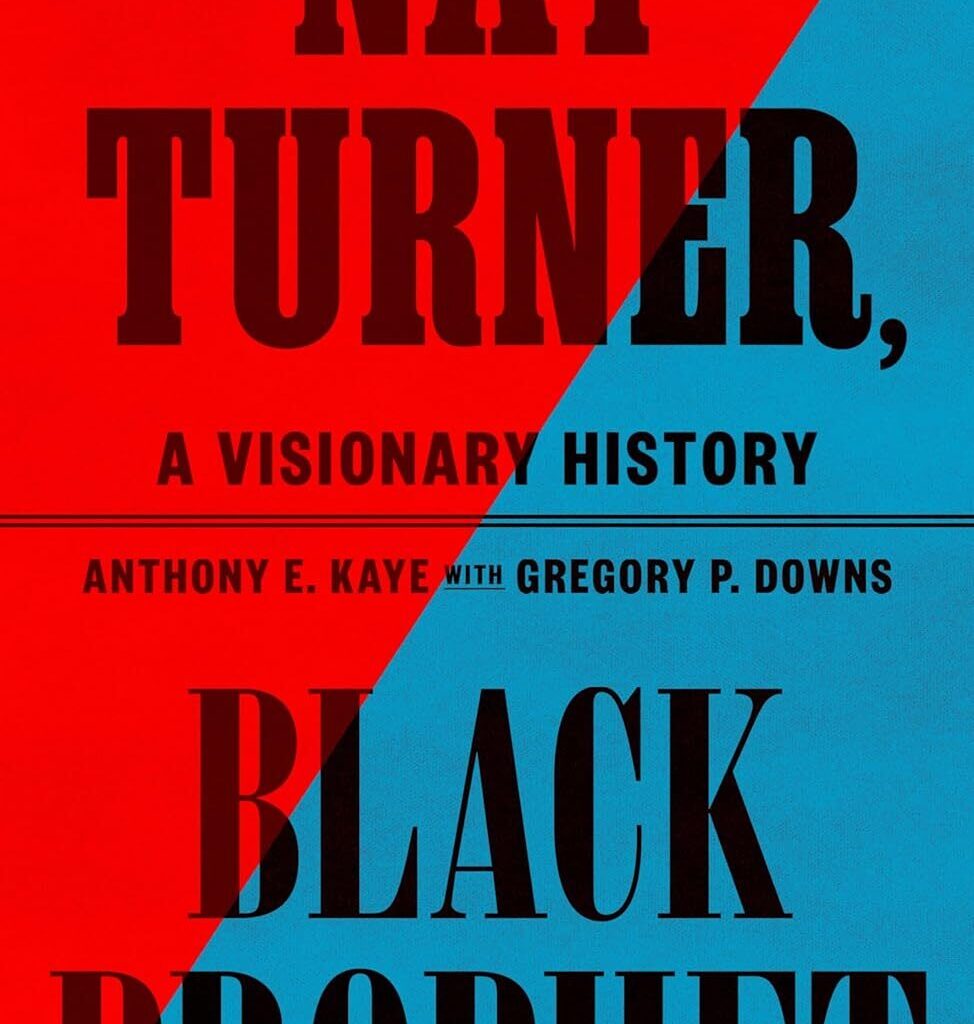
Nat Turner’s Prophetic Rebellion: A Visionary History
In his groundbreaking work, Nat Turner, Black Prophet, the late historian Anthony E. Kaye, with contributions from Gregory P. Downs, presents a compelling and meticulously researched narrative that sheds new light on one of the most significant slave rebellions in American history. Through a unique approach that takes Nat Turner’s divine visions seriously, Kaye and Downs offer a fresh perspective on the causes and legacy of the 1831 uprising, which would forever shape the course of the nation.
Summary
In August 1831, a group of enslaved people in Southampton County, Virginia, led by the enigmatic Nat Turner, rose up against their enslavers in a desperate bid for freedom. Turner, an enslaved preacher who claimed to have received visions from the Spirit, organized the attack on local plantations and planned to march on the county seat of Jerusalem, hoping to spark a wider rebellion across the South. The rebellion was ultimately suppressed, but not before over a hundred people, both Black and white, had lost their lives.
Kaye and Downs’ narrative delves deep into the spiritual and prophetic dimensions that drove Turner to lead this uprising, tracing the roots of his divine visions to the world of nineteenth-century Methodism. The authors refuse to overlook or tame these visions, instead placing them at the heart of the story and exploring their impact on Turner’s actions and the broader context of the rebellion.
As the narrative unfolds, the authors paint a vivid picture of the world in which Turner lived, a world shaped by the institution of slavery and the ongoing struggle for freedom. The rebellion and its aftermath would hasten the end of an era marked by interracial churches and Black preachers, as Southern states moved to further restrict the personal freedoms of the enslaved.
Main Characters
- Nat Turner: The central figure of the book, an enslaved preacher whose divine visions and leadership of the 1831 rebellion made him a pivotal figure in American history.
- The Enslaved People of Southampton County: The men and women who joined Turner in his fight for freedom, risking their lives in pursuit of a better future.
- The Enslavers: The white plantation owners and their families who were the targets of Turner’s rebellion, their actions and beliefs shaping the world in which the enslaved lived.
- The Methodists: The religious community whose revivals, camp meetings, and emphasis on divine visions influenced Turner’s worldview and the development of his prophetic vision.
Key Events and Plots
- The Visions of Nat Turner: Kaye and Downs trace the emergence of Turner’s divine visions, exploring their roots in the world of nineteenth-century Methodism and their impact on his decision to lead the rebellion.
- The Attack on the Plantations: The authors provide a detailed account of the rebellion itself, chronicling the attacks on local plantations and the march towards Jerusalem.
- The Suppression of the Rebellion: The book examines the aftermath of the uprising, including the brutal suppression of the rebellion and the subsequent execution of Turner and his followers.
- The Legacy of the Rebellion: Kaye and Downs explore the long-term impact of Turner’s rebellion, particularly how it accelerated the end of a world where interracial churches and Black preachers were more common in the South and led to stricter controls over the enslaved population.
Suspense and Conclusion
Nat Turner, Black Prophet builds suspense through its exploration of the complex issues at the heart of the rebellion, including the role of religion in shaping the actions of the enslaved and the ongoing struggle for freedom in the face of overwhelming oppression. The authors’ vivid storytelling and meticulous research create a sense of urgency and tension as readers follow the unfolding events of the rebellion and its aftermath.
In the conclusion, Kaye and Downs emphasize the enduring legacy of Turner’s rebellion, arguing that it remains a pivotal moment in American history that continues to shape our understanding of the complexities of slavery and the ongoing fight for racial justice. The book serves as a testament to the power of visionaries like Nat Turner, who, despite the constraints of their time, dared to envision a world of freedom and fought valiantly to bring it into being.
Nat Turner, Black Prophet is a must-read for anyone interested in the history of slavery, the role of religion in shaping social movements, and the ongoing struggle for racial equality in America. Kaye and Downs’ work is a significant contribution to the field of historical literature, offering a fresh perspective on one of the most enigmatic and influential figures in American history.
Read Full Novel
Nat Turner, Black Prophet: A Visionary History by Anthony E. Kaye | Goodreads
Read Related Novels
- Read Making the Presidency by Lindsay M. Chervinsky Summary
- Read The Dragon from Chicago by Pamela D. Toler Summary
- Read Drawn Testimony by Jane Rosenberg Summary
- Read Empresses of Seventh Avenue by Nancy MacDonell Summary
- Read Red Dead’s History by Tore C. Olsson eBook Review
- Read The Movement by Clara Bingham eBook Review
- Read Kent State by Brian VanDeMark eBook Review

